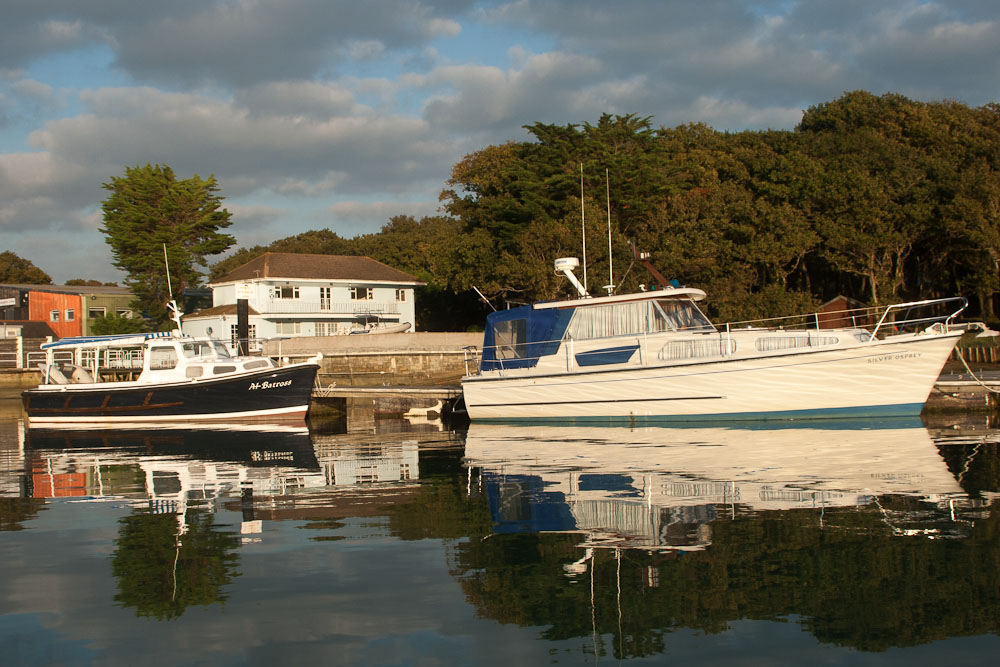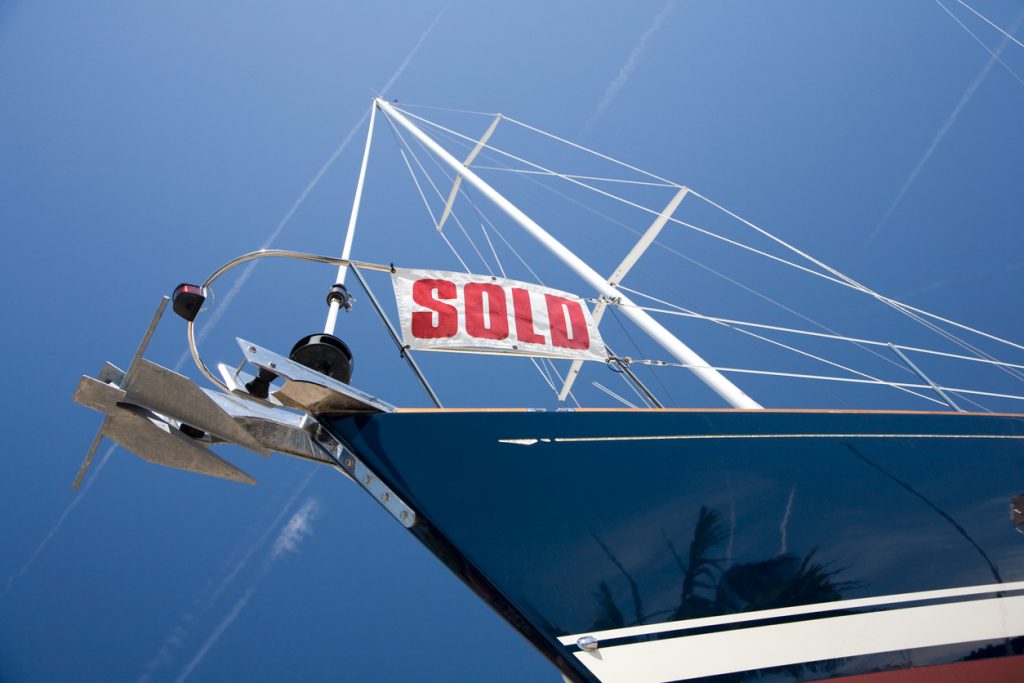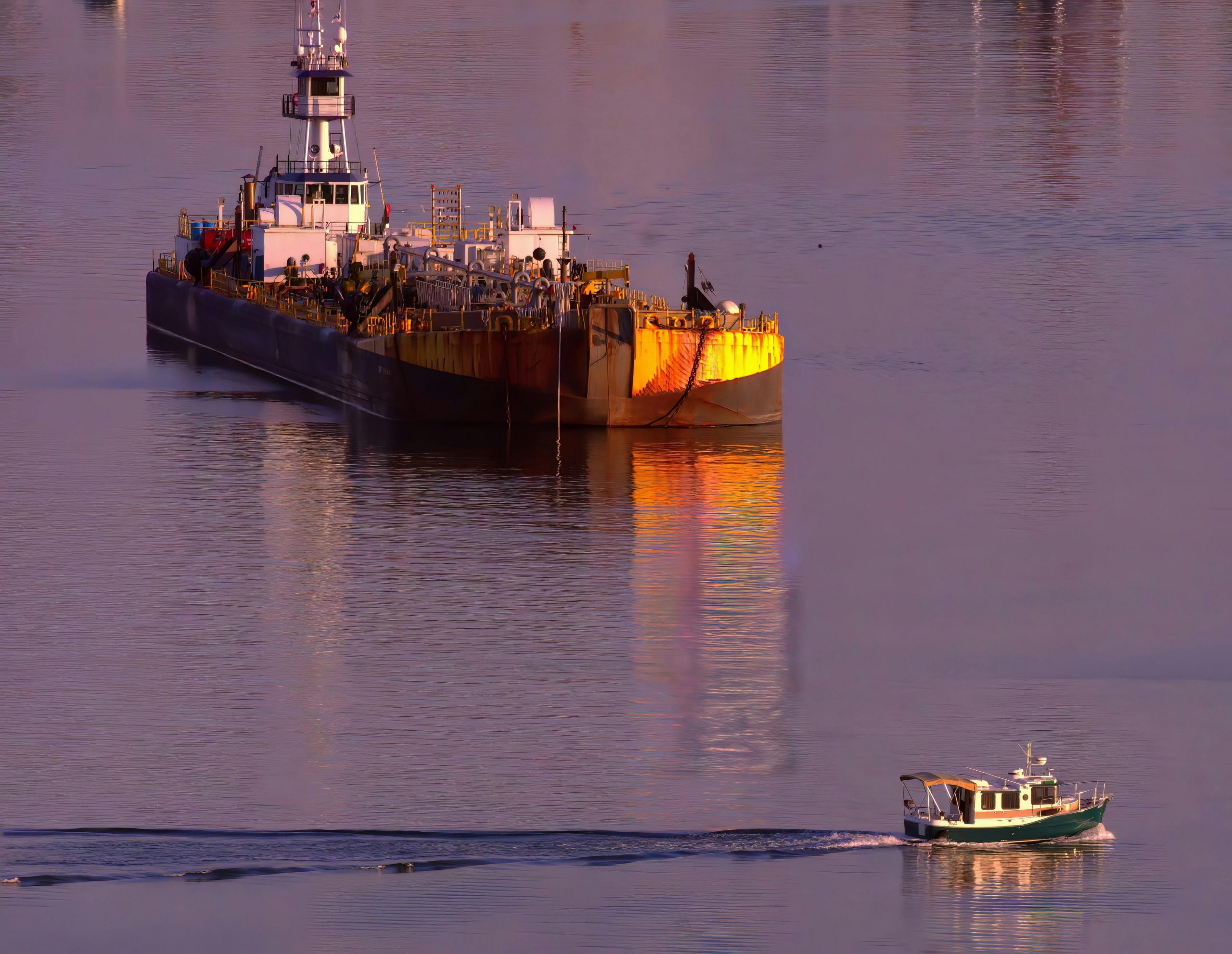Approximately one in every five people in the UK has a disability. That’s anything from a slight visual or hearing impairment to mild physical side effects from illness. From wheelchair users or people with severe physical and cognitive needs to bad backs, ageing knees and hips. It’s anything where someone finds something difficult.
Sailing is open to everyone, no matter what age or disability. It’s the perfect sport to feel tranquility and freedom on the water, or something more adrenalin fueled and competitive.
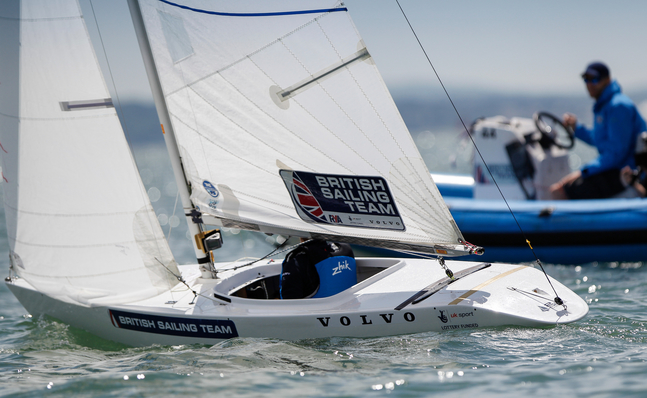
What it’s all about…
RYA Sailability enables people with disabilities to experience the freedom and independence of being out on the water and to sail regularly with 12,000 people across the whole spectrum of disabilities getting into a boat and going sailing every year.
For David Durston, who uses a wheelchair following an accident it’s all about the independence. “Going out on a lake by myself, when I spend so much time with a carer and surrounded by others, it gives me a sense of purpose. I can go out on a boat be completely in control, be completely independent.”
For Emma Dakin, who has been blind since she was a baby, it is the ability to solve problems and pass on her enthusiasm to others. “I enjoy being at the club, I love sailing, and I know what it takes for people to achieve what they are capable of.
“When I help put the boats away I use my feet to feel the edge of the pontoon. In my early days the club might have been horrified I was so close to the edge, but through communication they now trust me. I hope I can make the routes for other blind sailors easier”
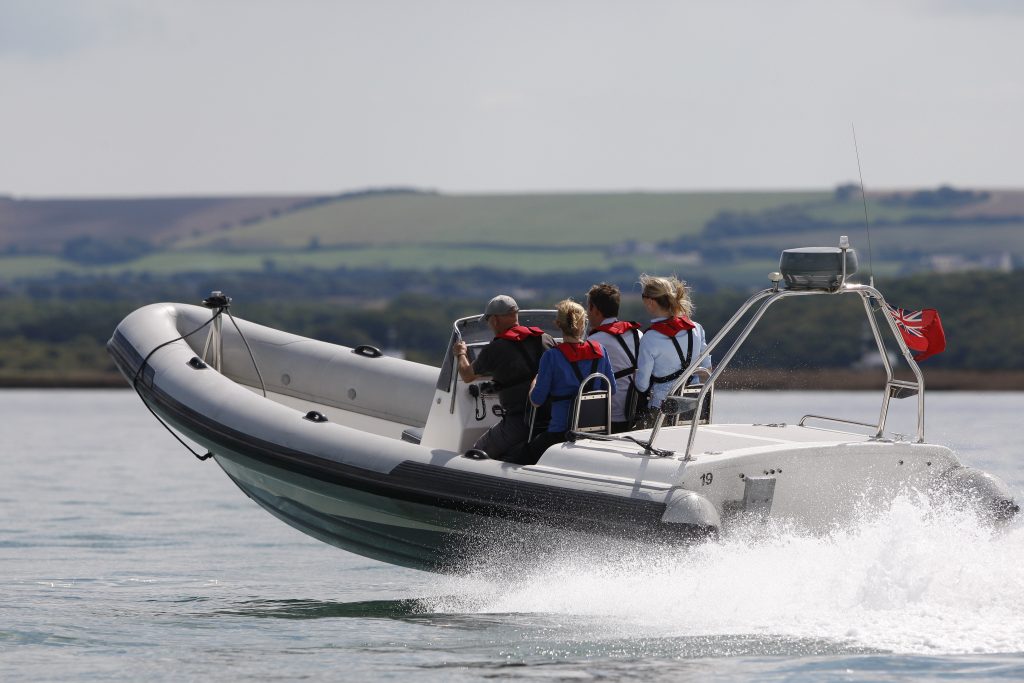
But how does someone ‘having a go’ become a regular sailor? Racing is a proven way for all sailors to boost skills, confidence and enjoyment, not to mention the social benefits, which keep them sailing more often. The word ‘racing’ can feel scary to new sailors. But competition doesn’t have to mean competitive. To start with anyway!
With sailing currently fighting to be reinstated as Paralympic sport for 2024, much focus has been on the elite end. But without the grassroots there can be no high performance racing in any class.
“Everyone loves the buzz of friendly competition, it’s why we play cards and board games, etc” explains Brett Cokayne, Disability Development Officer and Sailability racing lead.
“So we work with everyone, from Sailability groups, sailing clubs, training centres and class associations to individual sailors, to make ensure there is a pathway in place for people of all standards and motivations to go racing” explains Brett.
The RYA Sailability team works locally to help groups and clubs introduce racing, with ideas as simple as identifying one marker and seeing who can get to it fastest.
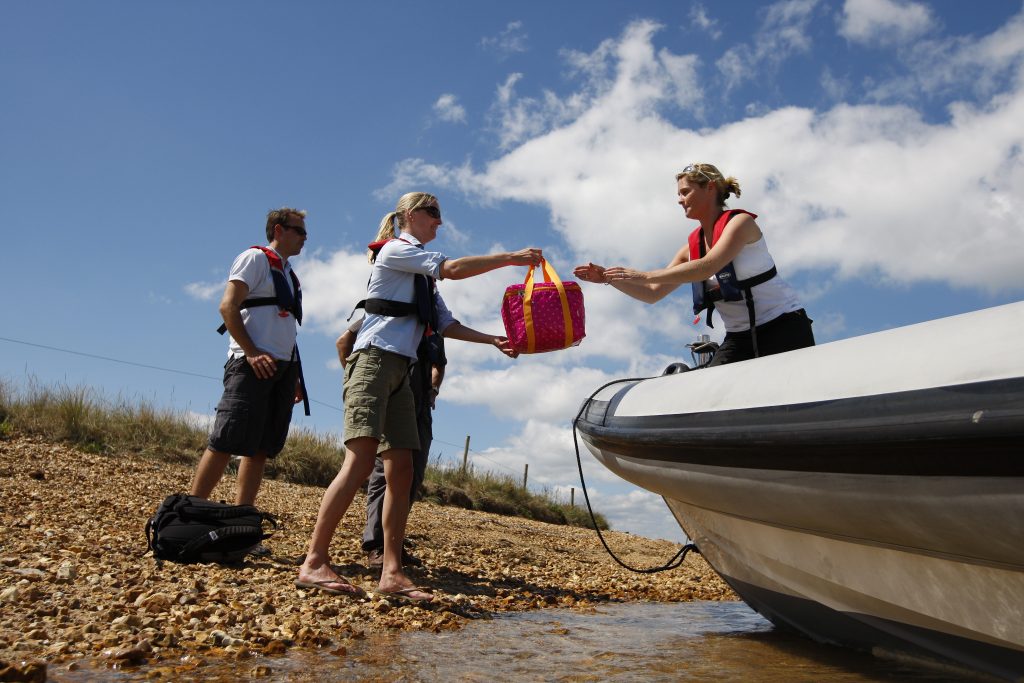
As racing becomes more popular, so the Sailability team can support clubs and groups to put in place more structured race training and developing a regular race series. Boat type doesn’t matter as different classes can race against each other using the Portsmouth Yardstick numbers, while format and rules are considered too.
Meanwhile, the RYA also aims to identify a small number of regional club ‘hubs’ to further develop grassroots racing, with resource channelled into coaching, fleet support and race management development.
Venturing further afield
As confidence and skills flourish, so does the desire to push oneself. Where Sailability groups are part of or affiliated to a sailing club, sailors can get involved in club racing with the Portsmouth Yardstick again helping to create a level class playing field.
For others, getting out on the road is the next step and the RYA Sailability Multiclass Regatta, which takes place on 4-6 August at Rutland SC, can be the perfect introduction to an ‘away’ event.
The Regatta is the biggest of its type in the country and offers two action-packed days of racing across a range a range of classes including 2.4mR, Challenger, Hansa, Kinsman, Laser, RS Venture, Skud, Sonar, SQIB and Weta.
“Standard doesn’t matter, the Multiclass Regatta can help improve any sailor’s skills and let them experience the buzz of a big event in a friendly, easy environment,” insists Brett. “This year for the first time an ‘open class’ is included so everyone is welcome to compete no matter what boat you sail.
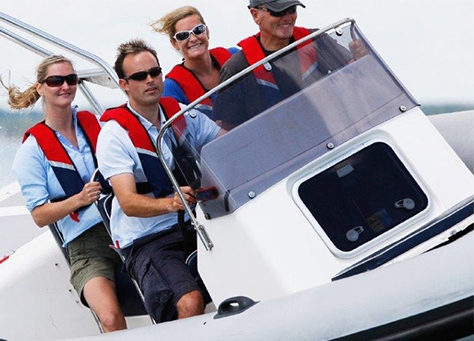
More information about the regatta, notice of race and booking can be found at www.rya.org.uk/sailability
Class associations
Class associations, such as the Hansa, 2.4mR and Challenger classes, also play an important role in getting people competing regularly. Many run regional training events where coaches provide technical boat advice as well as racing skills, tactics and strategy. They run traveller series’ too, both within regions and further afield.
Hansa is running a project to make six Hansa 303s, including road trailer and towing vehicle, available for loan to non-boat owners at racing and training events.
Additionally, the RYA owns 15 2.4mR keelboats and over the next year these boats will be hosted at a small number of sites to provide opportunities for competent sailors who are non-boat owner to access the boats and experience sailing a 2.4mR.
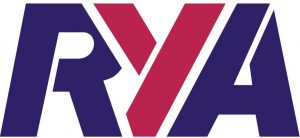
Exploring further afield
Going to events can be a significant logistical and financial challenge, however, and the further along the pathway a sailor goes the tougher that challenge can become.
Supporting sailors at international competitions, including European and World Championships, is as important in sustaining participation as grassroots investment.
To achieve this, as well as to support World Sailing in their objectives to evidence the sport’s robust international competition programme in their bid to get sailing returned as a Paralympic sport, the RYA has provided a number of travel grants for 2.4mR competitors to attend four events this summer.
As Brett concludes: “The whole Sailability ethos is about removing barriers. The RYA is committed to making all disabled sailing more affordable and inclusive, this includes increasing the quantity and quality of racing opportunities.
If you'd like to know more about RYA Sailability and opportunities to get out on the water visit www.rya.org.uk/sailability
